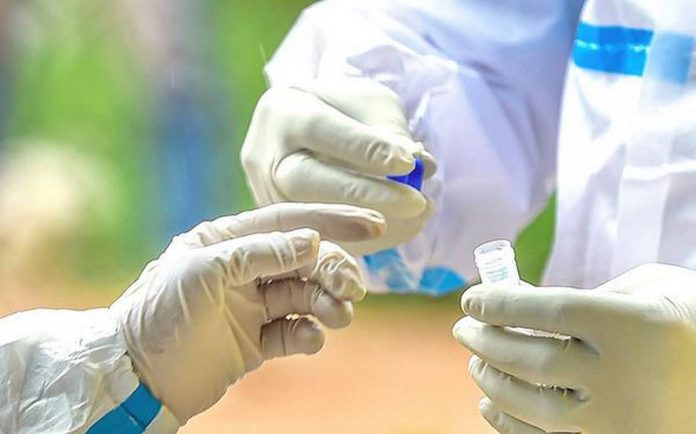The Northern Health region saw 71 new cases of COVID-19 reported on Friday, the same day provincial health officer Dr. Bonnie Henry extended the current public health restrictions indefinitely.
While the province has been making some headway in bringing the number of active COVID-19 cases down, 19 cases of the U.K. variant of the disease and nine cases of the South African variant have been reported in B.C. since Dec. 1.
“We want to protect the progress we have made since the start the year and not throw away our success. To do this, we need to buy ourselves some time – time to get our immunization program back up to speed as vaccine supply is restored and scaled up, and time to understand whether and how the variants of concern will affect transmission in our communities,” Henry and Dix said in a joint statement on Friday afternoon.
“With this in mind, the current province-wide public health orders are being kept in place. Between now and the end of the month, we will be continually reconsidering the need for the restrictions based on incidence and prevalence of the virus, new information about transmission, especially understanding the impact of variants, and the progress of vaccine supply and our immunization program.”
On Friday, Henry and Dix reported 471 new cases in the province. The number of active cases dropped slightly, to 4,423. The number of people hospitalized with COVID-19 also declined slightly, down to 253 – including 70 in critical care.
The number of active cases in the Northern Health region wasn’t provided, but on Friday the B.C. Centre for Disease Control reported 374 active cases in the north – down from 397 on Thursday.
There were 18 people hospitalized with COVID-19 in the Northern Health region, including 15 in critical care, the B.C. CDC reported.
Across the province, six more COVID-related deaths were reported on Friday, bringing the province’s death toll from the pandemic to 1,246. The death toll in the north remained at 85.
“To date, 149,564 doses of COVID-19 vaccine have been administered in B.C., 10,366 of which are second doses,” Henry and Dix said.
In the Northern Health region, 5,111 doses of COVID-19 vaccine had been administered, including 112 second doses, the B.C. CDC reported.
Data released by Henry during a special update on Friday morning showed that 87 per cent of long-term care residents and 89 per cent of long-term care staff in B.C. had received their first doses of COVID vaccine. Two per cent of residents and 15 per cent of staff had already received their second dose.
In assisted living facilities, essentially all residents and 90 per cent of staff have had their first vaccine dose, with small numbers having gotten a second shot.
Out of the more than 145,500 doses administered between December and Thursday, only 205 cases of adverse side effects have been reported in the province. Of those, 55 were classified as serious, such as a severe allergic reaction.
For those worried about COVID-19 exposures in schools, B.C.’s data continues to show that children have lower-than average rates of infection. Between Sept. 7 and Jan. 31, children aged five to 12 made up 4.8 per cent of new cases despite being 7.7 per cent of the total B.C. population. Youth 13-18 years old make up 6.2 per cent of the population, but only 5.9 per cent cases.
In addition, the start of school on Sept. 10 and again on Jan. 4 didn’t have a significant impact on the number of cases among school-age children or the community at large.
“We want a smooth, flat path to the finish with few, if any, hurdles of outbreaks or unchecked transmission in our community. We are not quite there yet, but we are getting closer every day,” Henry and Dix said. “We need to stay on the path we have been on so far in 2021 and remember that one or two super-spreading events, or even a small increase in our risky contact with others, can quickly counteract all of that work. Seeing one more friend or having one birthday party with those outside our household is all that it could take.”
































